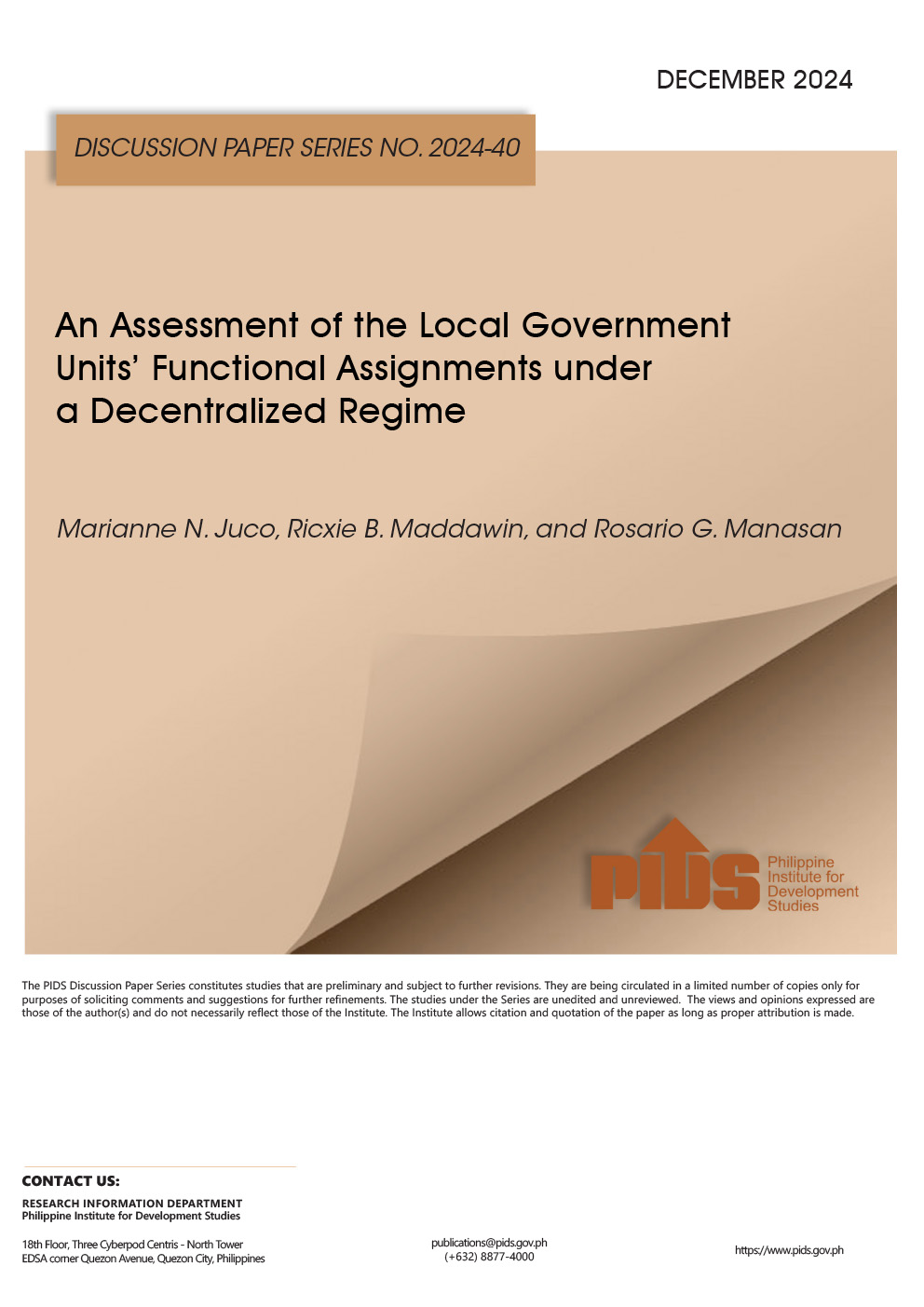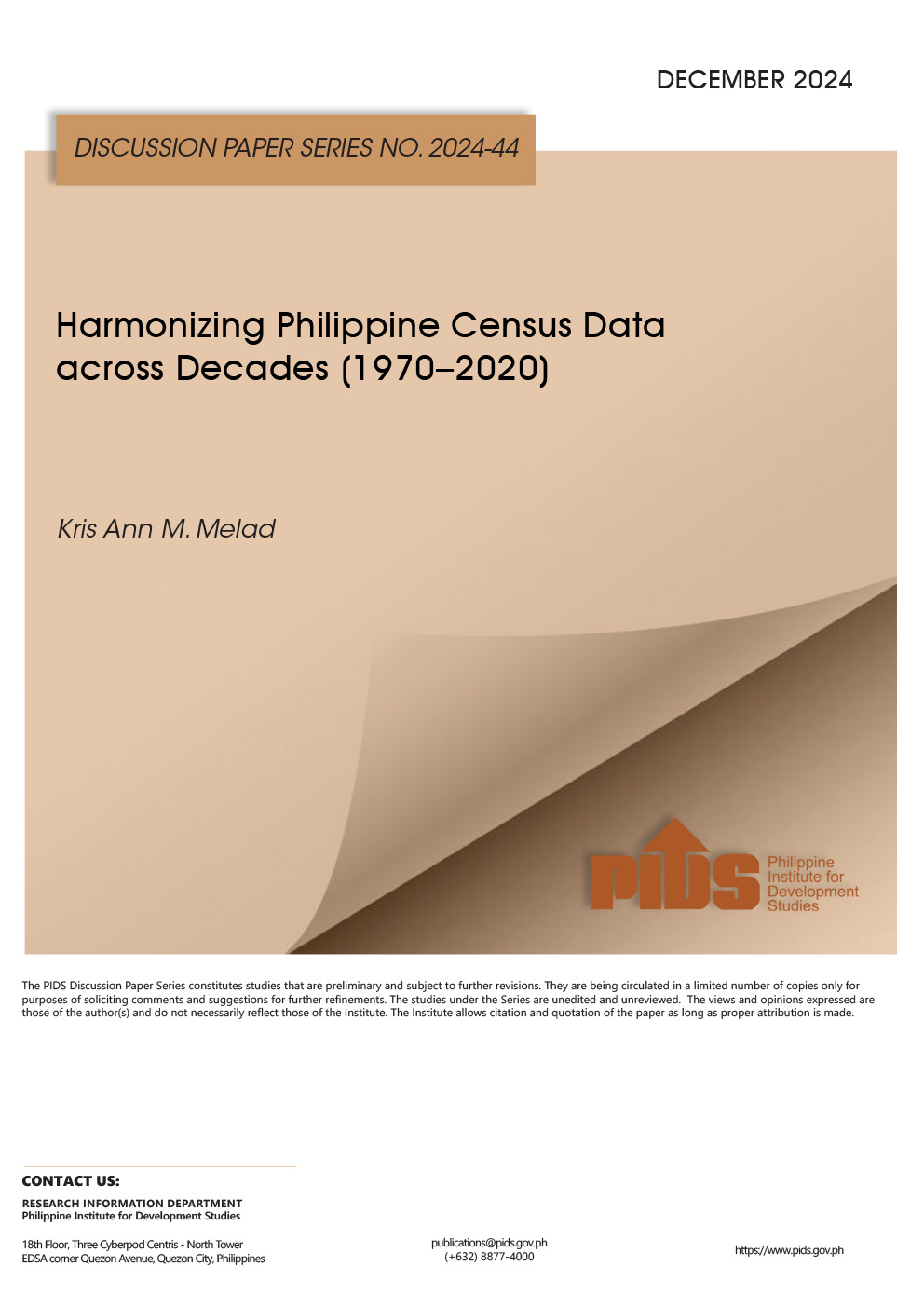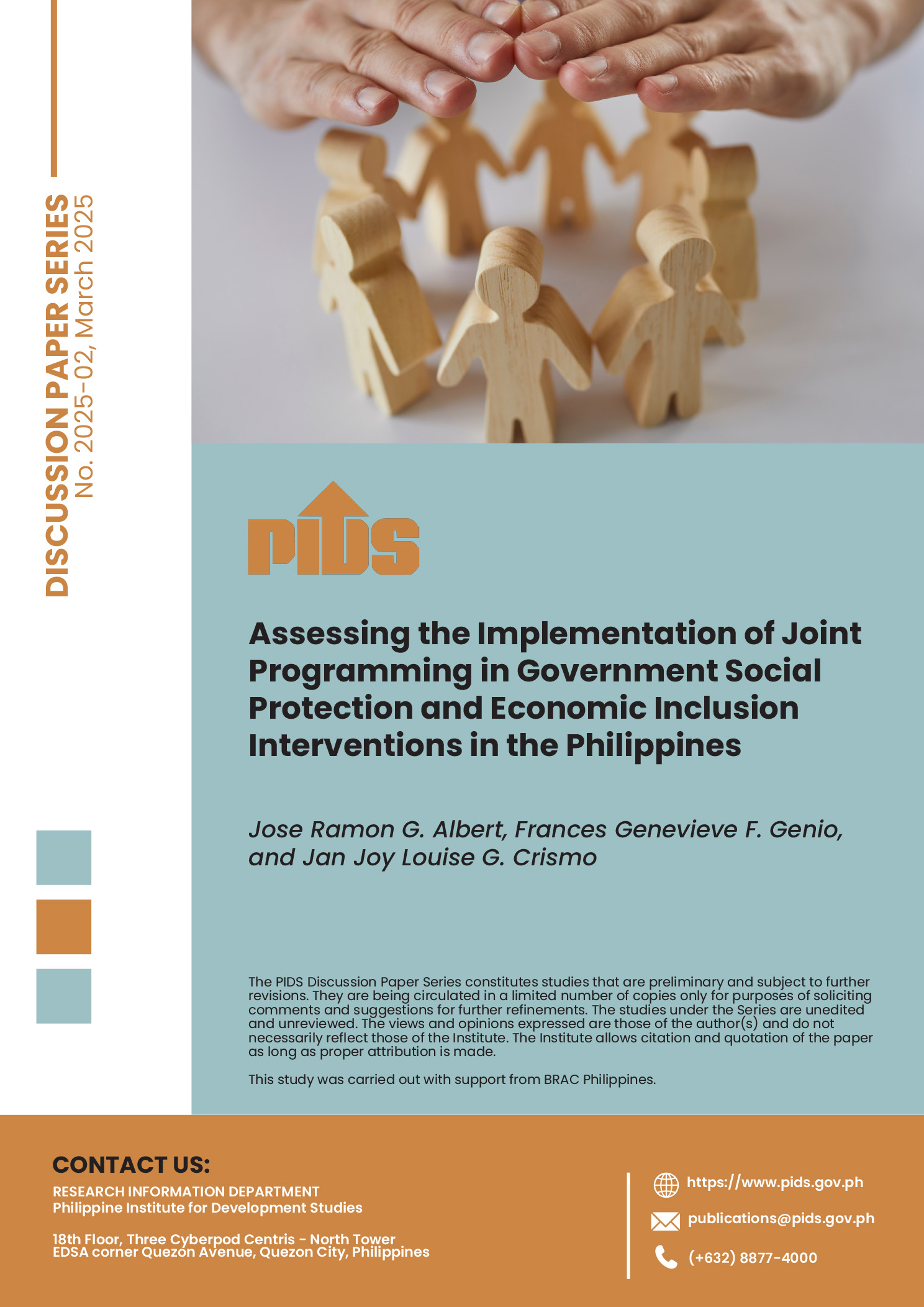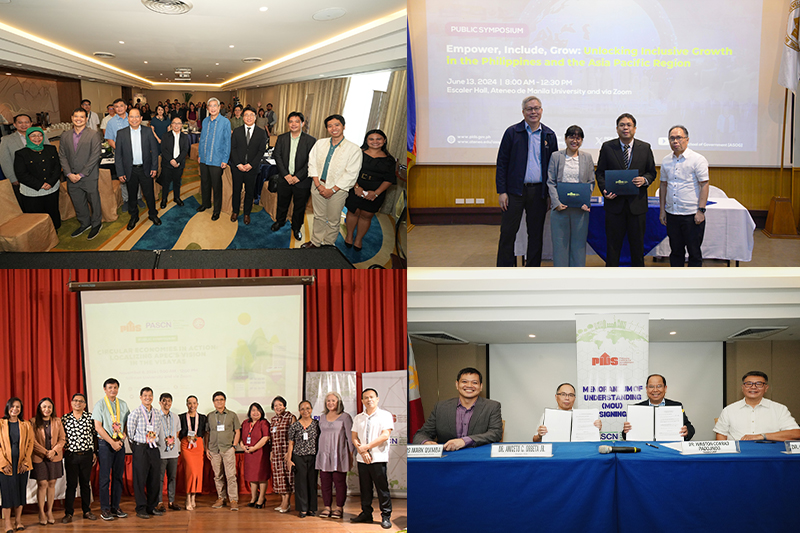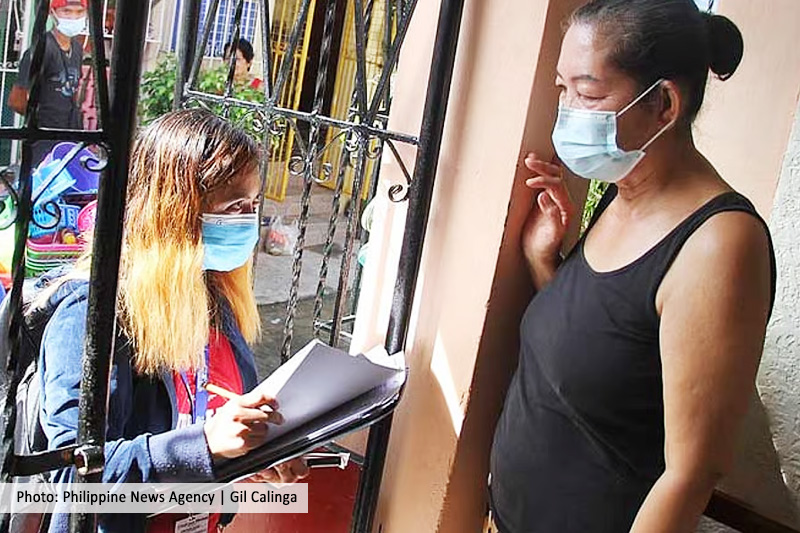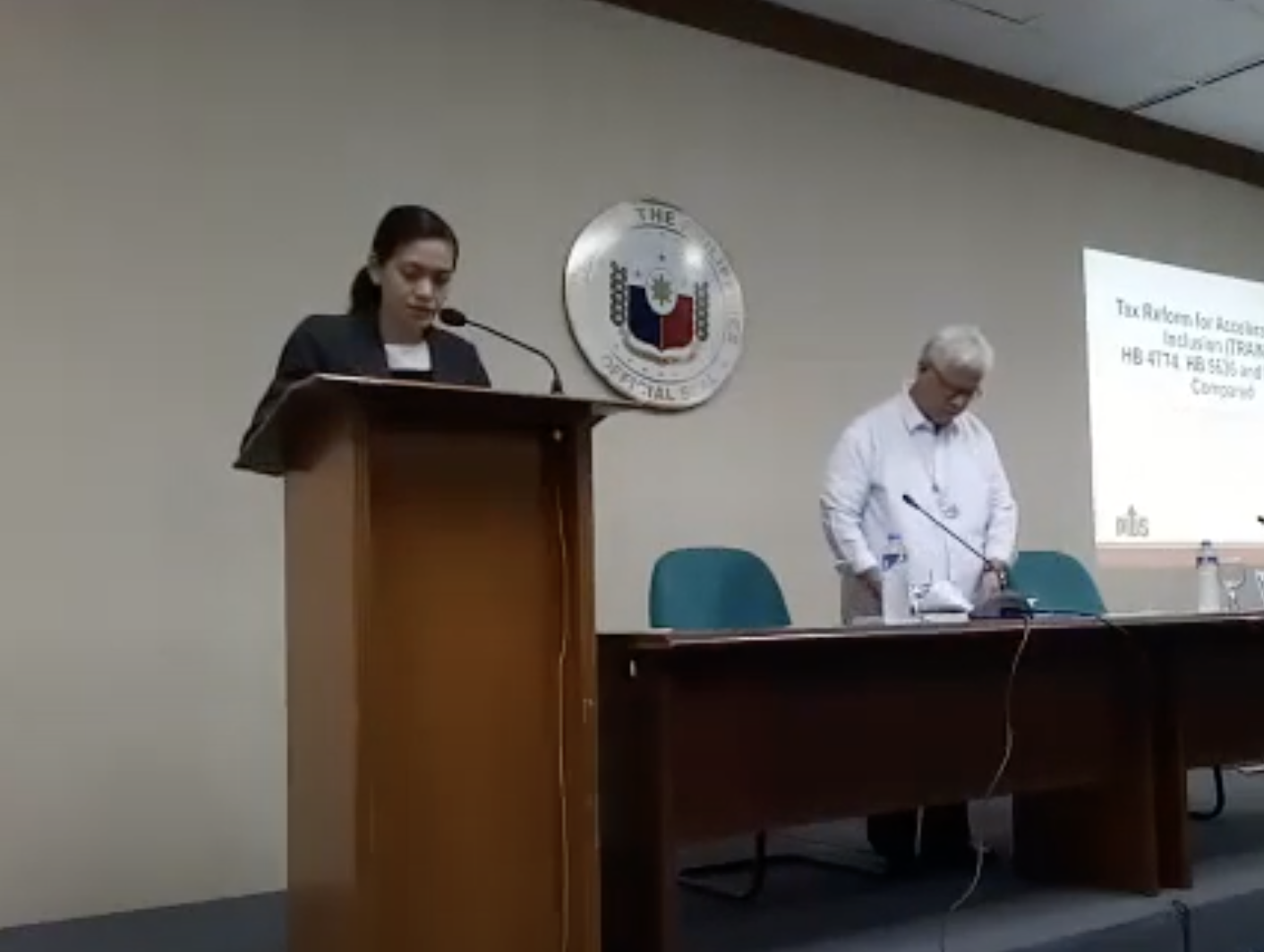ECONOMISTS signed a joint statement of support in principle for the Department of Finance’s (DoF) second tax reform package overhauling the corporate tax system and the investor incentives regime.
“As Congress deliberates on the second package of the reform, we express our support for the main principle of a corporate tax system that is broad-based and competitive relative to our peers in the region. More importantly, lowering the corporate income tax rate will help entrepreneurs and small and medium enterprises thrive. However, in the interest of fiscal prudence, the lowering of rates should be in conjunction with the rationalization of fiscal incentives,” the economists said in their joint statement of support.
The second tax reform package, filed as House Bill No. 7458, and known as TRAIN 2, after the name of the tax reform law (Tax Reform for Acceleration and Inclusion) is currently being considered by the House ways and means committee.
The measure primarily seeks to lower the corporate income (CIT) tax rate gradually to up to 20% from the current 30% to be competitive with peer economies in Southeast Asia, while streamlining fiscal incentives to grant them only to those who need them.
It hopes to streamline and remove some redundant incentives granted by 123 laws under 14 investment-promotion agencies, but retain those consistent with the government’s medium-term Strategic Investment Priority Plan, and those that are deemed contributing to the economy.
However, the government will replace the existing 5% gross income earned tax incentive, turning it into a 15% tax on net income but removing the “in lieu of all national and local taxes” provision of the tax code. The proposal also seeks to cap incentives at five years; disallow the use of value-added tax as an investment incentive; establish the Fiscal Incentives Review Board to administer tax perks; and expand the coverage of the Tax Incentives Management and Transparency Act.
The DoF’s version of the bill, meanwhile, seeks to raise revenue equivalent to 0.15% of gross domestic product (GDP) before cutting one percentage point off the CIT.
“We stand with the Department of Finance and the Department of Trade and Industry that tax incentives should be performance-based, time-bound, targeted, and transparent,” the economists said.
“We affirm the need for this reform and we call on Congress to take urgent action to ensure its timely passage,” they added.
The DoF hopes to have the second tax reform package within this year, in time for its implementation in 2019.
“Tax incentives that are given permanently discourage firms from becoming self-sufficient and stifle our ability to align incentives with strategic priorities as they evolve over time,” the economists said.
“Incentives are not the be-all and end-all of investment promotion. For our country to be truly attractive to investors in the long-run, the government needs to improve public infrastructure, human development, and the ease of doing business as long-term solutions to development and competitiveness,” they added.
The statement was signed by former Finance Undersecretary Romeo L. Bernardo; Professor Dante B. Canlas of the University of the Philippines (UP) School of Economics and President and Chief Executive of the Philippine National Oil Co. Alternative Fuels Corp.; Gerardo P. Sicat, professor emeritus at the UP School of Economics and former director-general of the National Economic and Development Authority; Gilberto M. Llanto, board member and former president of the Philippine Institute of Development Studies; Renato E. Reside, assistant professor of the UP School of Economics; Monetary Board members Felipe N. Medalla and Bruce J. Tolentino; and Arsenio M. Balisacan, chair of the Philippine Competition Commission.

